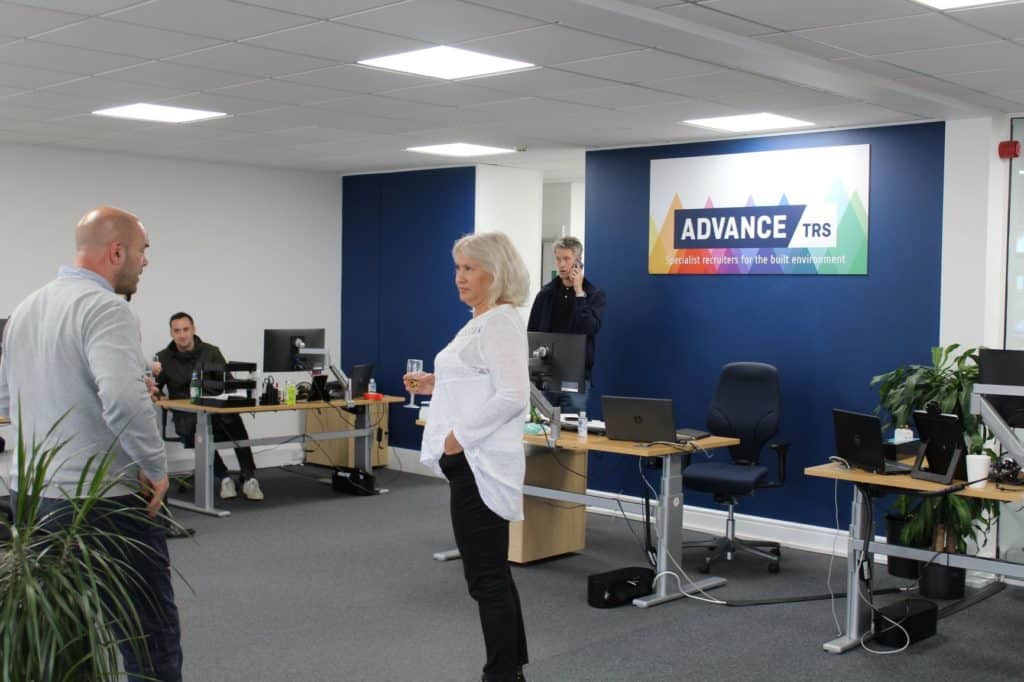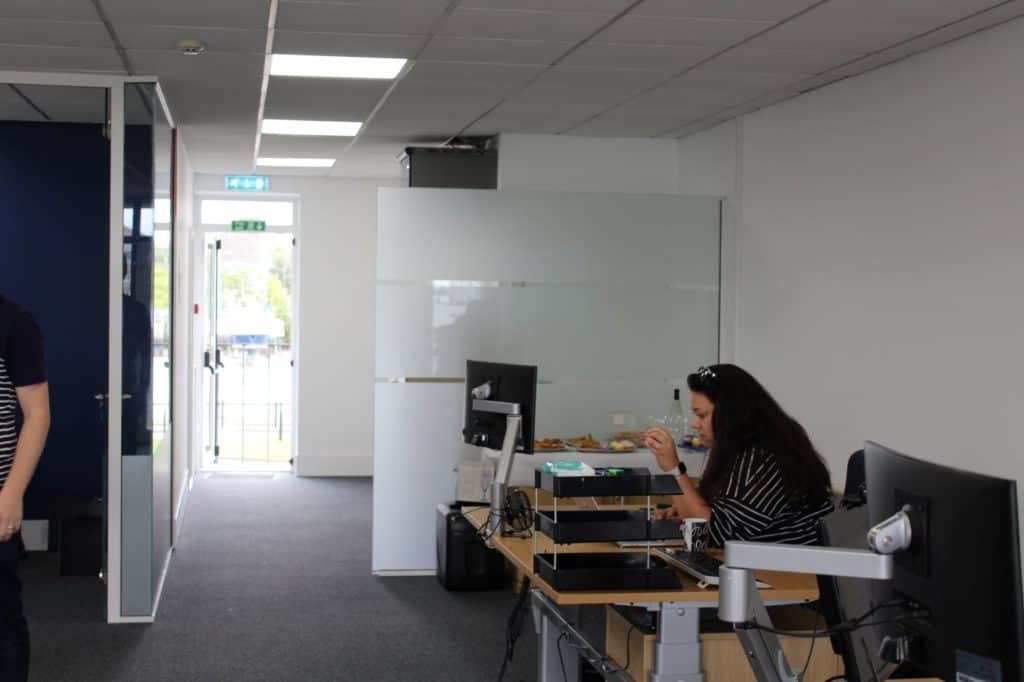Having a personal statement on your CV is the perfect opportunity to introduce yourself to prospective employers. It should be a short paragraph, around 5-6 lines, detailing your attributes, what you can offer the company, and your career goals.
We’ve put together some top tips on writing your personal statement:
What should you include?
You should think about the following points:
• A statement about who are you
• What you currently do? (if applicable)
• What are your career goals/what are you searching for?
• Your value to the company
As employers will only spend a short time reviewing your CV, it’s important to highlight your potential straight away.
Why you should vary your personal statement:
If you have time, it would be beneficial to adapt your personal statement each job you apply for. This allows you to make it as relevant as possible to the role you are applying for. Make sure you do your research on the specific requirements the employer is asking for, both for the job and personal skills. This shows potential employers that you understand the requirements for the role.
Employers may also use applicant tracking systems that analyse your CV for keywords and phrases. Having these included in your personal statement, increases your chances of being seen and progressed in the application stage.
Remember, your personal statement gives you a chance to sell yourself in one paragraph. The rest of your CV is your work experience and your qualifications, so this gives you the opportunity to add that personal touch.
How to structure your statement:
• State who you are – Begin your statement by detailing who you are, your qualities and where you are in your career. Use of buzzwords can capture the attention of potential employers and help you stand out from the crowd.
Example: As an experienced project manager, I have over 10 years of experience across the rail industry. I am a reliable and well-organised manager, bringing a variety of expertise and knowledge to the table
• Communicate your value – The second section should state why you are suitable for the role and what value you bring to the company. This is your chance to highlight any key achievements relevant to the position and distinct qualities.
Example: In my current role, my determination and proactive approach resulted in several successful completions of important projects. The combination of my time management, communication and decision-making skills ensured maximum productivity of each project and of those involved.
• Detail your career goals – In the final part of your statement, you should explain what your career goals are and why you’re applying for this role.
Example: I am now coming to the end of my current role and am seeking a new challenge. I’m looking for a position which will allow me to contribute my skills and experience, whilst increasing my current knowledge.
Advance TRS
For more helpful tips and job search advice check out our website. We have various Advance Advice articles that cover all aspects of job hunting.
If you are looking for a new career in the built environment, contact us today on 01483 361 061. Alternatively, contact us via email at info@advance-trs.com. We have plenty of permanent and contract roles across all our sectors. Our recruiters are here to help!




